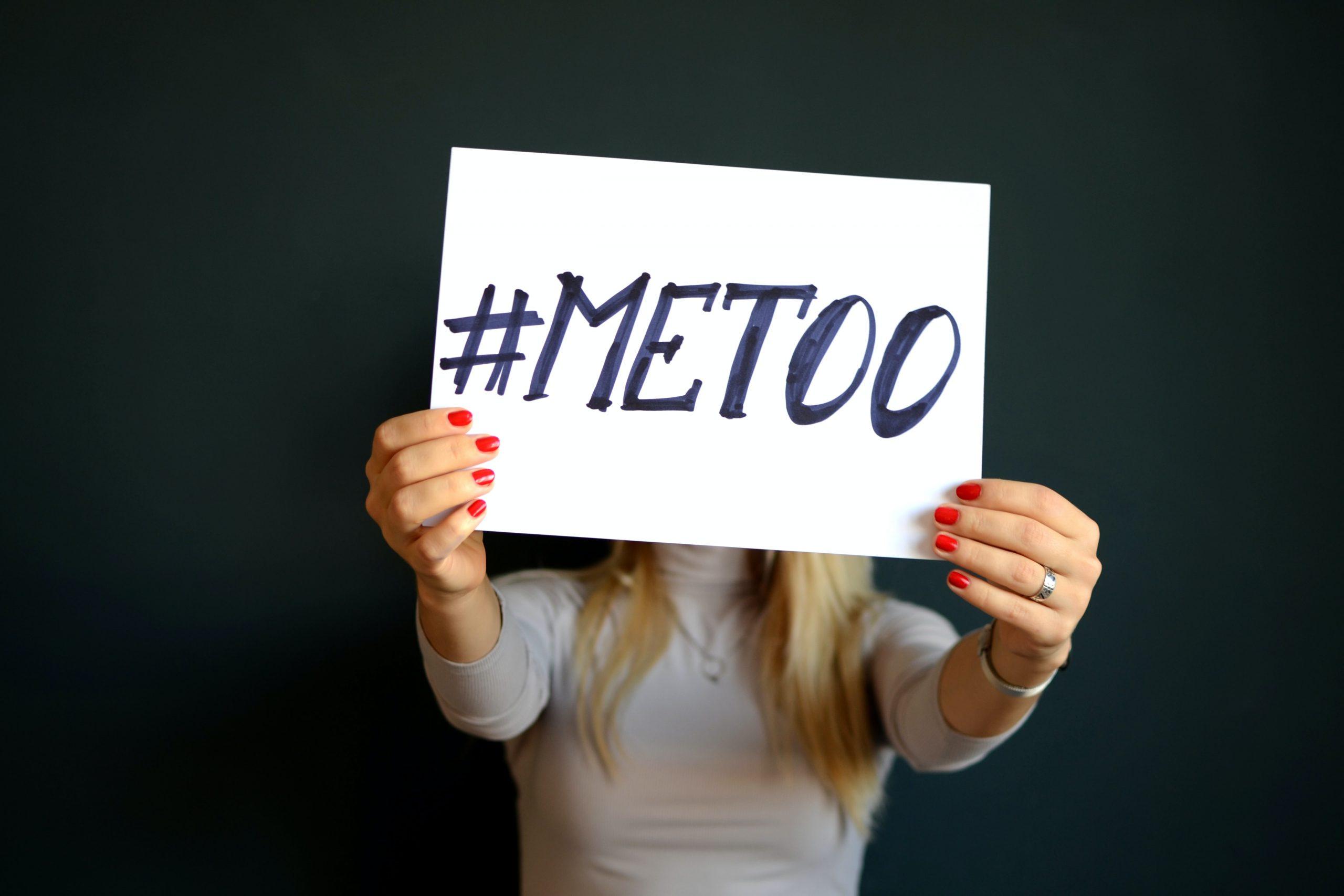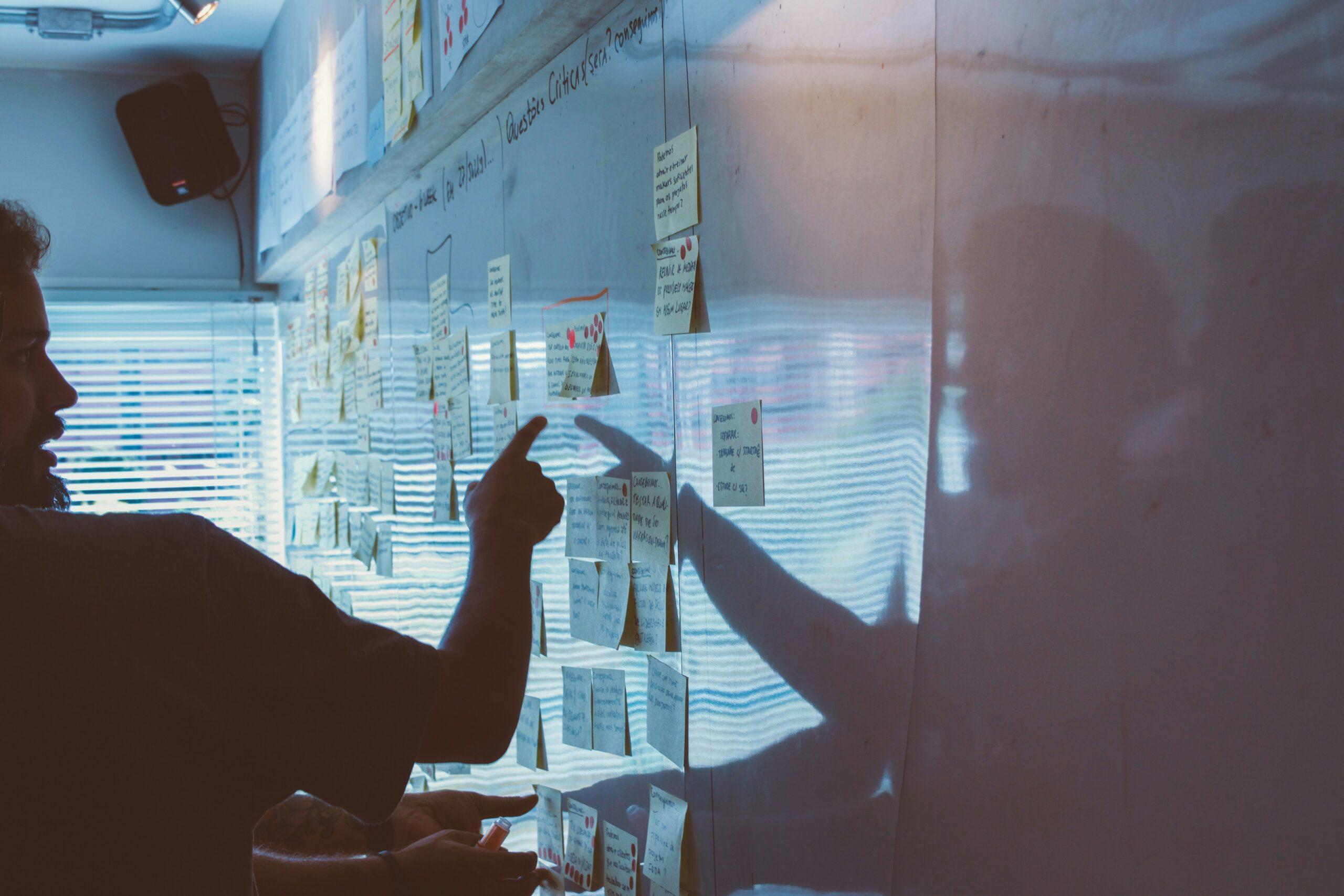How To Support A Sexual Assault Survivor While In Quarantine

As I continue to quarantine with my partner, I find myself struggling with coping skills of my anxiety and maintaining a healthy, loving relationship that the two of us normally have. This is not to say I am not happy, but to emphasize this is a testing time for all couples in the pressures of a worldwide pandemic. My extreme outbreaks of anxiety, panic attacks, fatigue, confusion, and pressure to be productive are new in our relationship. My partner has seen these complexities but not in the same way I am during this time of isolation. What my partner does to comfort me, is remind me that no one is the same as they once were in this scary climate.
The After Effects Of Sexual Violence
Trauma, especially from sexual abuse is a complex healing process for survivors. Many survivors of sexual assault feel long-lasting after-effects. For myself and many others, these effects can include post-traumatic stress disorder (PTSD) panic attacks, depressive thoughts, and disordered eating. There are many aspects of a survivor’s daily life that can cause triggers of trauma. Organizations such as the Rape, Abuse & Incest National Network (RAINN) the nation’s largest anti-sexual violence organization, cover wide-ranging tips for recovering from sexual assault. Although the organization provides useful information, the uncertainty in the climate due to the global COVID-19 pandemic have resulted in many survivors feeling uneasy about the trauma that they may have tried to find closure with.
Insider reports that around one in three women and one in six men in the US will experience some form of contact sexual violence during their lifetime. Consent, sexual boundaries, and good communication are vital in survivors of sexual assault to feel physically and emotionally safe in their relationships. As a partner, having a clear understanding that the feelings of your spouse can vary depending on the news and media they are consuming, or people they surround themselves with.
Furthermore, being in a relationship or dating during COVID-19 has been challenging for many. Katheryn Maguire, a professor in the department of communication at Wayne State University says, “Isolating together brings its own stresses. In the current situation, we are losing our boundaries – things are so blurred.” While many couples may reach new healthy levels in their relationships, survivors might face struggles with adapting to living with their partner, if their partner does not spend time attending to their individual needs or interests. Checking in on your partner’s needs, whether that is the survivor or supporter, is vital to maintaining a healthy relationship during this uncertain time.
Triggers That Survivors Of Sexual Trauma Might Face
The awareness around domestic violence victims during the pandemic can make previous victims scared for not just their safety, but those who are suffering. Survivor, Tanya Selvaratnam, reporting for The New York Times, writes, “The most dangerous place in the world for a woman is her own home.” She informs readers that domestic violence rates have doubled since cities went on lockdown. The drastic decrease in family court hearings, orders for protection raised to only “life or death” matters, and slow operation of the courts are culminating to create even more high-risk scenarios in our global society.
- Tip to support your partner: Educate yourself on the severity of the issue to have a level of understanding of your distressed partner. There are frequent updates on the National Domestic Violence Hotline on how national organizations, local shelters, and even celebrities such as Rihanna are contributing to helping victims find safety.

Secretary of Education, Betsy DeVos, declared a new Title IX ruling that will bolster the rights of those accused of sexual misconduct in schools and universities, effective August 14, 2020. Many survivors are currently seeing their Title IX cases put on hold due to COVID-19 and schools prohibiting students on campuses. Schools should not delay cases of Title IX due to remote learning, contact Know Your IX for more information. However, students are still facing instances of unstable housing, and the fear of the new ruling no longer protecting their student rights.
- Tip to support your partner: be empathetic that changes in the justice system and survivor rights are scary to survivors. Many survivors battle feelings of control. Consuming media and news that causes your partner to feel hopeless is not healthy for their healing (read more to learn tips on survivors consuming media).

The COVID-19 and social distancing measures can take a dramatic decrease in the mental health of a survivor, relationship, or anyone. For survivors, the common feeling of “fear” is introduced in their lives again. Changes in their sleeping patterns can cause nightmares or difficulty concentrating during the day. There might be a change in eating patterns or an increase in alcohol or drug use. The importance of self-care during this time of isolation is a priority but does not mean that changes in behavior won’t occur. Being alone, many are being forced to face our internal thoughts causing stress and panic.
- Tip to support your partner: Encourage your partner to get daily exercise, eat balanced meals, and take the time to help them discuss their concerns. Forming trust that they can confide in you will ease their anxiety. Consume media that does not involve news of the pandemic. Recommend they connect with friends and family over a call to feel a sense of normalcy and belonging apart from your intimate relationship (read more to learn how to support your loved one).
My partner has also seen the side of me that is flourishing during this pandemic. They have watched me consistently write in my journal before bed, indulge in my love for ice cream, and dance to Broadway music tracks across my living room floor. While we both have faced situations of frustration and confusion, we have also learned new ways to love one another despite my past trauma, the pandemic, and have embraced the complexities any relationship has to face.
For resources and help, call National Sexual Assault Telephone Hotline at 1-800-656-HOPE (4673) or visit online.rainn.org; National Domestic Violence Hotline: 800.799.SAFE (7233) or visit https://www.thehotline.org/.






